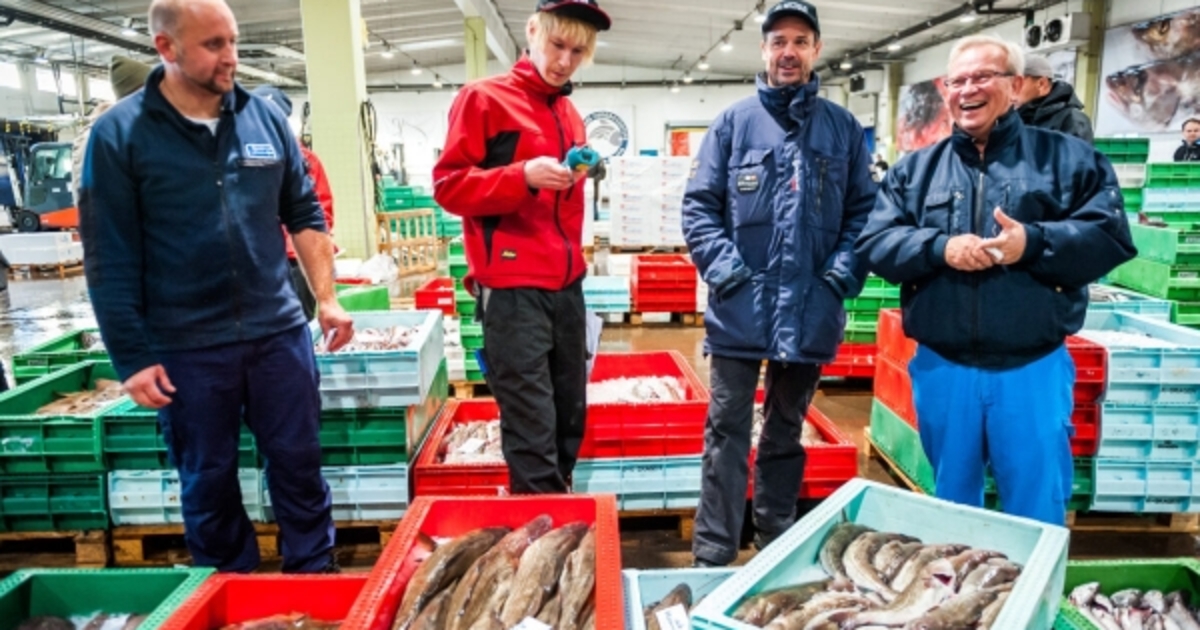A rapid
survey conducted by the Vietnam Chamber of Commerce and Industry (VCCI) in
July-August 2025 revealed that a significant 59.3% of businesses and
organizations involved in export activities to the EU had never heard of supply
chain due diligence regulations. An additional 36.6% had only heard of them but
did not specifically understand them.
Speaking at
the workshop “Vietnamese exports and the supply chain due diligence requirements
of European markets: What businesses need to know” on October 21, Mr. Dau
Anh Tuan, Deputy Secretary-General and Head of the Legal Department at VCCI,
stated that in the context of increasing globalization, global supply chains
are becoming the backbone of international trade.
He
emphasized that, particularly in recent years, the EU and several member states
like Germany, France, and the Netherlands have enacted and are preparing to
implement a series of new legal regulations concerning the monitoring,
assessment, and prevention of human rights and environmental risks within
supply chains – commonly referred to as “supply chain due diligence.”
Among these,
two prominent legal documents are the German Supply Chain Due Diligence Act
(SCDDA) and the EU’s Corporate Sustainability Due Diligence Directive (CSDDD).
“These
are the most comprehensive and stringent supply chain due diligence regulations
ever enacted globally to date. Although these laws primarily apply to large
corporations and businesses based in Europe, it is crucial that the entire
supply chain – including foreign suppliers in countries like Vietnam – falls
within the scope of these regulations,” Mr. Tuan said.
Moreover,
Vietnam is currently an important link in many global supply chains, especially
in textiles, footwear, electronics, agricultural products, and seafood. The EU
has consistently been one of Vietnam’s largest and most stable export markets.
To fully
grasp the requirements for supply chain due diligence in the EU market, Dr.
Nguyen Thi Thu Trang, Head of VCCI’s research team, suggests that, on the one hand,
it is necessary to enhance information dissemination about EU supply chain due
diligence regulations to relevant stakeholders in Vietnam (including
businesses, associations, state management agencies, consulting organizations,
training institutions, etc.).
On the other
hand, these stakeholders also need to actively seek information and raise
awareness, thereby making appropriate preparations to adapt and comply. They
should neither be complacent nor overly anxious about the issue of supply chain
due diligence.
Vietnamese
businesses participating in supply chains for export, especially those linked
to large EU/German partners subject to supply chain due diligence regulations,
need to take appropriate actions to protect their long-term export interests.
First and
most importantly, they need to ensure strict compliance with Vietnamese laws on
labor and environment; promptly review and prevent all risks and potential
violations; and fully store documents and evidence of these activities.
Next, they
should proactively seek information, and prepare their awareness and resources
for collaborating in the due diligence process of partners when necessary.
Finally,
they need to actively communicate and reasonably coordinate with partners in
implementing due diligence measures when requested by partners.
